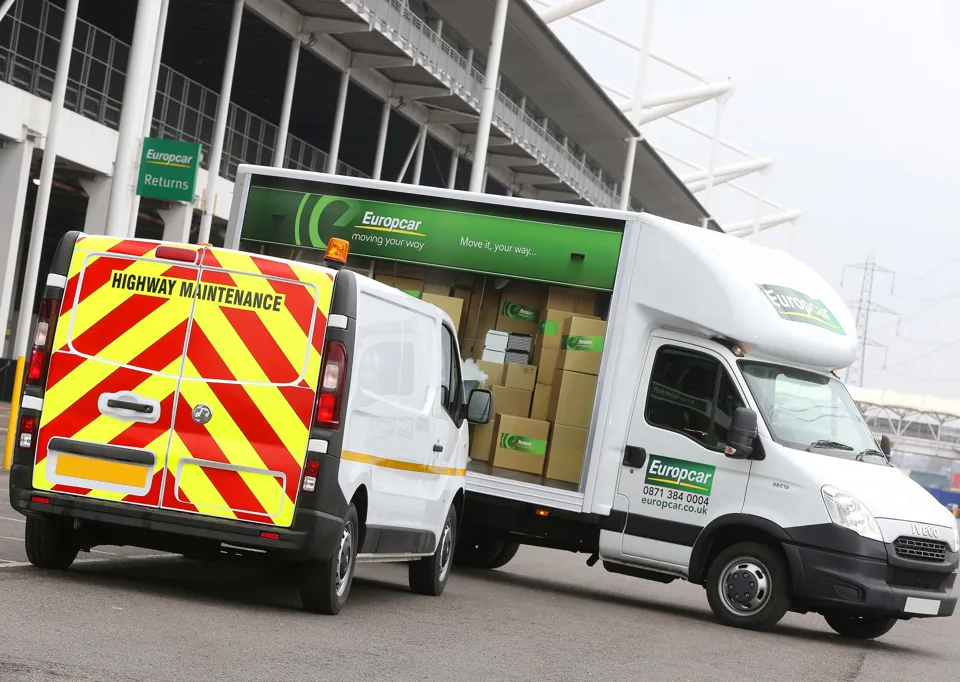Europcar has become the latest rental company to launch a network of van supersites, as it looks to exploit growing demand for its flexi-lease product.
Stewart Russell, specialist vehicle fleet director at Europcar, explained that flexi-lease has helped to drive company growth, from both a financial and fleet size viewpoint, leading to the investment in the five new sites: Newcastle, Leeds, Birmingham, London and Bristol. Two more – in Scotland and Northern Ireland – are being considered.
“Flexi-lease has driven a 10% growth in revenues in 2015,” Russell said.
In terms of fleet size, Europcar has seen around 23% growth in the first six months of this year, according to Russell, and he attributes 70% of van rental business to flexi-lease.
Russell said that Europcar felt the time was right to develop its flexi-lease business.
“Historically Europcar is perceived within the industry as a spot-hire provider, i.e., a rental company that sources vehicles for short duration rentals.
“We felt the time was right to offer a mid- to long-term product that would allow users to enjoy the flexibility of rental over the more rigid and traditional contract hire. Flexi-lease allows fleets to be a lot more flexible, and control their fleet size in accordance with their needs,” he continued.
“By introducing this product within our portfolio, we have attracted customers from new sectors to us, such as construction and logistics.”
Flexi-lease is offered for hire terms of more than three months in duration.
The supersites have enabled Europcar to reduce its network costs, both in terms of staff and network overheads. “We have increased fleet efficiency and vehicle utilisation by 2.5% year-on-year,” Russell said.
He added: “Through the introduction of improved processes and tighter controls around damage, service, maintenance and repair and vehicle movements, we have been able to pass on many of these cost savings to our customers.”
While Russell was not able to put an exact figure on how much customers can expect to save, he said: “The economies of scale, in addition to the cost reductions they bring to Europcar will be shared with customers.”
In terms of using the supersites to help grow the flexi-lease business, Russell said Europcar has adopted a more cautious approach.
“It is very early days in terms of the opening of these supersites,” he said. “While the initial response from both existing and new customers has been very encouraging, we are gradually testing the water.”
One measure which Europcar has introduced in order to aid efficiency is postcode-mapping. When fleets make bulk orders online, their system will automatically pick out the closest depot, meaning Europcar will also use less fuel in delivering the vehicles to the customer.
Russell said the supersites, in conjunction with postcode mapping, will simplify the process of delivering vans to customers.
“The supersites are not only more practical because we can store several hundred vehicles in them, but access is a lot better too, so transporters can get in and out to collect vehicles.
“Some of our smaller, provincial stations are on high-streets, so that just wasn’t viable.”

















Login to comment
Comments
No comments have been made yet.